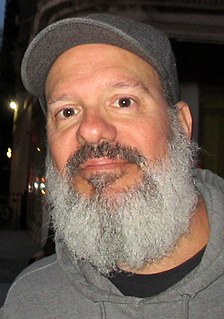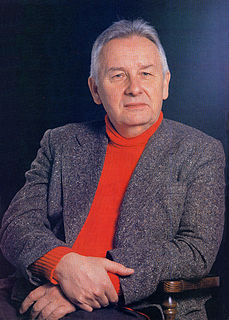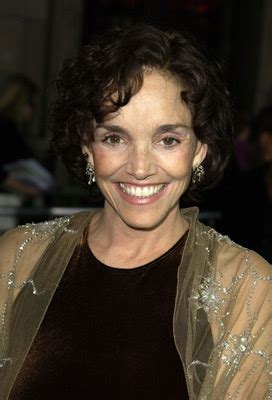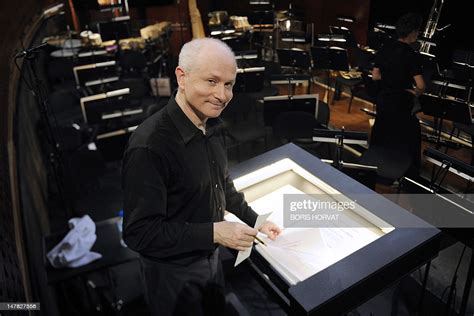A Quote by Carrie Brownstein
There's something about mean-spiritedness that has a way of distancing an audience.
Related Quotes
Bruce Springsteen really got any creative person's dream career, and his good-heartedness and good-spiritedness are part of it: both because it made the people behind the scenes want to do their jobs that much better, but it also means that he connects with an audience in a way that holds them close.
I do not choose my listeners. What I mean is, I never write for my listeners. I think about my audience, but I am not writing for them. I have something to tell them, but the audience must also put a certain effort into it. But I never wrote for an audience and never will write for one, because you have to give the listener something and he has to make an effort in order to understand certain things.
In films, you are a commodity. You are a look, something that the camera really likes, something that has struck an audience in a certain way. It's not really so much about transforming yourself the way actors do onstage. I think there's a difference between the skill of acting in movies and onstage.
Sometimes they threaten you with something - something you can't stand up to, can't even think about. And then you say, Don't do it to me, do it to somebody else, do it to So-and-so. And perhaps you might pretend, afterwards, that it was only a trick and that you just said it to make them stop and didn't mean it. But that isn't true. At the time when it happens you do mean it. You think there's no other way of saving yourself, and you're quite ready to save yourself that way. You WANT it to happen to the other person. You don't give a damn what they suffer. All you care is yourself.




































